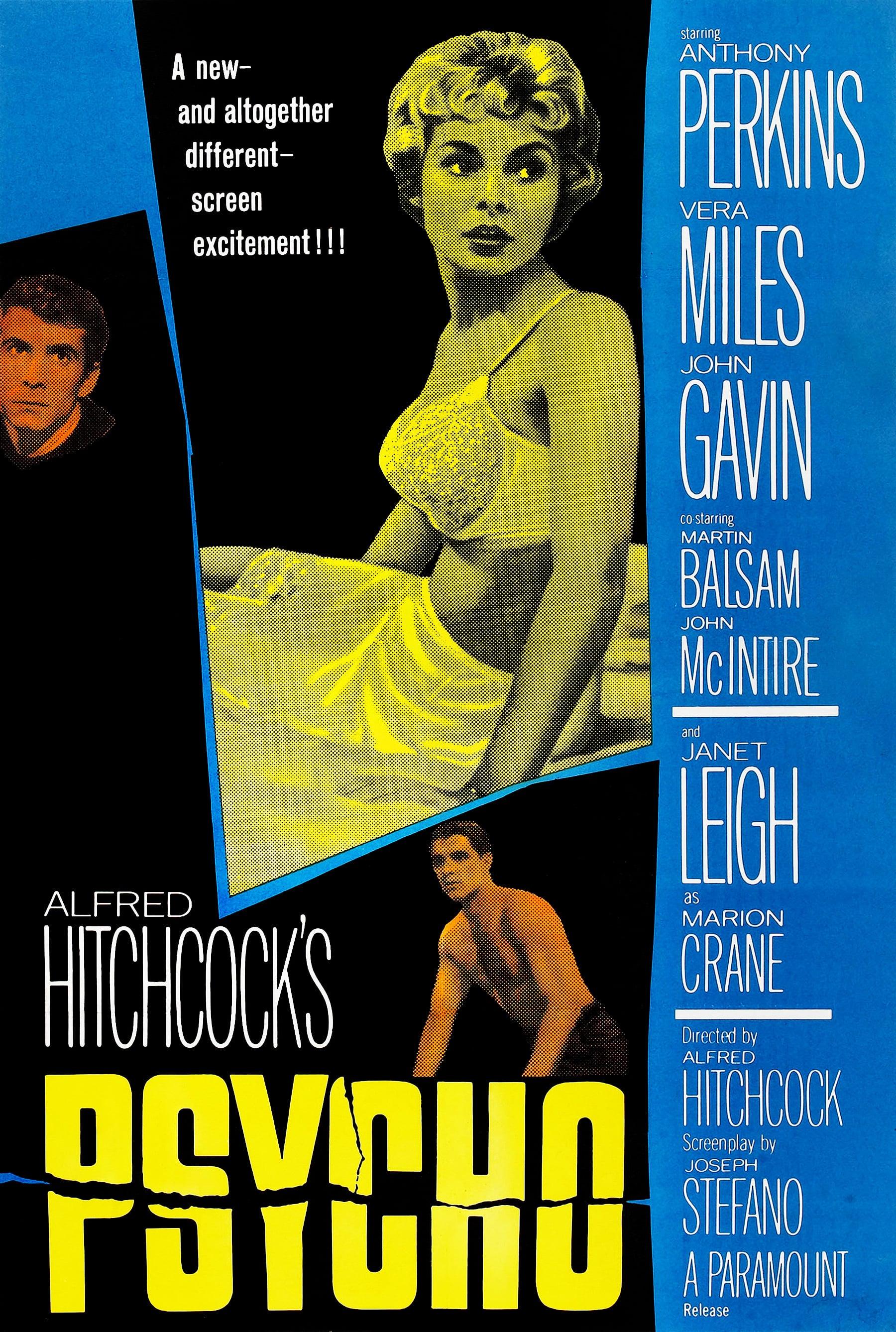Rating of
4/4
"She wouldn't harm a fly."
Arbogast1960 - wrote on 03/26/08
It is often said that, in the battle of book v. film, book always wins. After all, so much more detail can be packed into the 500+ pages of a novel, while a movie frequently begins to creak as it passes the two-hour mark. True, most filmic adaptations do fall short, but not because of any intrinsic fault in the cinema. They fall short because narrow-minded screenwriters feel compelled to shoehorn the book into the film on the book's terms, an endeavor bound to result in something lumpy and ill-fitting. While ticking off the major plot points of the novel and eliding the psychological and observational detail (the meat of any good book), one is naturally going to turn in a film unable to wade past shallow middlebrow waters. Instead, the mood evoked by the novel should be recast in a cinematic light. Recast visually, dispose with exposition, reimagine the internalized elements, and cast aside specifics to the extent they do not lend themselves to the world of the movie.
Along with The Godfather, Psycho is a master class in turning a mediocre book into a grand film. Hitchcock and his screenwriter Joseph Stefano take the overarching sense of creep and decay hanging over Robert Bloch's potboiler (along with the shocking idea of a stabbing in the shower) and abandon most of the rest. Instead of a middle-aged, overweight, overtly repellent Norman Bates, we are given a young, kindly, handsome Bates--slightly jittery, but in an endearing way. And instead of beginning with Bates and briefly glimpsing Marion Crane as one in a series of his victims, we begin with Crane, a fully-formed woman who acts in a moment of desperation and thus embarks unwittingly on a trip into madness. In the process, they deliver a brilliant exploration of 1950s Momism fears, the dangers of trusting strangers, and a host of Hitchcock's favorite pet themes.
Chief among these is the misanthropic Mother. With the exception of Shadow of a Doubt, it is difficult to find a Hitchcock film that presents matrons as anything less than unhelpful annoyances. But here, Mother is a poison that rots from birth onward, fostering an emotional instability that persists even after her death. Indeed, death does not kill her--it merely disembodies her, giving her a sort of terrifying omnipotence.
But this is only the most obvious of Hitchcock touchstones. There is the MacGuffin (here, the stolen $40,000). There is the (semi-)innocent on the run (really another, larger scale MacGuffin). There is the mistrust and general incompetence of the police. There are the food-sex-death associations. There is the bird as a harbinger of doom. Most importantly--and key to the shock of the film--is the specter of evil lurking in the most everyday of locations.
In fact, nearly every location in the film is ordinary and yet swathed in latent menace. The hotel at which Marion and boyfriend Sam meet at the outset is seedy, a place of illicit doings that practically uses shame as currency. Marion's job is host to crass oilmen who drunkenly proposition her in mid-afternoon. And of course the Bates motel and the Gothic house on the hill behind are even more sinister than they appear.
All of this exists chiefly to provide us with the shower scene--with all due respect to Eisenstein's Odessa Steps sequence, this is the finest example of montage in the history of cinema. And while it is impeccably structured as a series of colliding images suggesting worlds beyond what is actually shown, the impact of the scene lies similarly in what surrounds it. Because Hitchcock fully invests himself in the Marion character, so do we. She is sympathetic and average, a good person having made a mistake. We believe that the film will be about the aftermath of her mistake. And when she and Norman meet, and eat, and talk, we believe their relationship will animate what comes next. This (combined with the fact that Janet Leigh was the only star in the film) makes her ensuing death not only shocking but draining. With no protagonist left, the audience is unmoored and must latch onto the only other person around--Norman. Hitchcock forces the audience's hand, culminating in the audience's inevitable gasp when it appears her car might not sink in the swamp.
Much more can be said. About Bernard Herrmann's haunting strings-only score, its aural slashing fitting the film like a glove. About Anthony Perkins' bravura performance, one of the finest ever given. About the chilling final scene, with Mother's sad, mad voiceover. About the dark humor running throughout. About the mirrors and reflections visualizing the thematic duality. Were it not for the horrendous penultimate scene with the psychiatrist, this would be the perfect film. As it is, it's not far off.




